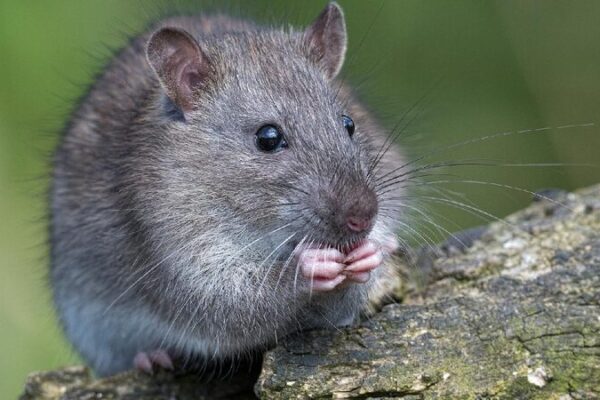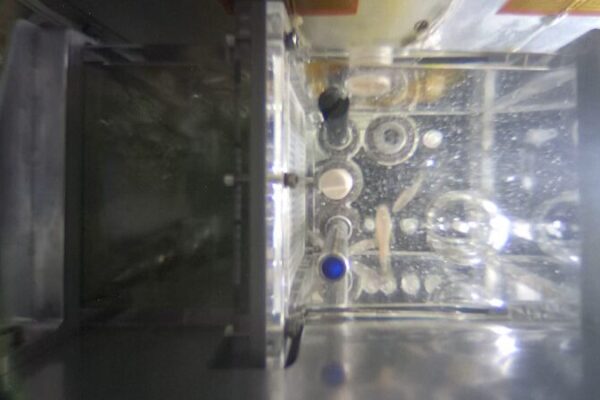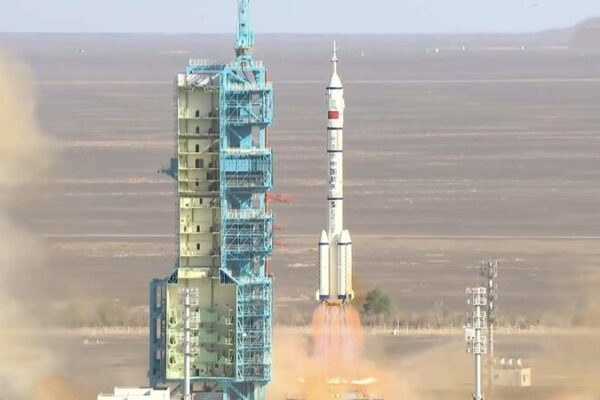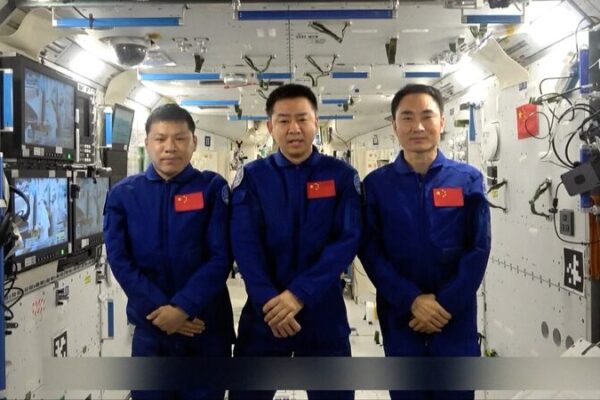China’s space station is about to host some remarkable new guests—planaria, tiny flatworms renowned for their extraordinary ability to regenerate body parts. This groundbreaking experiment aims to uncover the secrets of tissue regeneration in the microgravity environment of space.
Zhang Wei, a researcher at the Technology and Engineering Center for Space Utilization under the Chinese Academy of Sciences, revealed that the upcoming Shenzhou spacecraft will carry dozens of planarian segments into orbit. “This year’s launch will allow us to observe the regeneration process of different planarian segments in space,” Zhang said in a recent interview.
Planaria are fascinating creatures capable of regrowing complete heads or tails when cut. They serve as ideal models for studying tissue regeneration due to their simple anatomy and remarkable regenerative capabilities.
The experiment will utilize the space station’s \”life ecosystem experiment cabinet\” within the \”small universal biological cultivation module.\” Researchers will closely monitor how the planaria regenerate in space, collecting and analyzing samples at key stages of development.
“By studying planaria in the space environment, we aim to understand how microgravity affects their regenerative patterns and physiological behaviors,” Zhang explained. “We’ll delve into the molecular mechanisms behind these changes, investigating how gravity influences cell proliferation, migration, and differentiation.”
This isn’t the first time China’s space missions have included biological experiments. Previous missions have studied zebrafish and fruit flies to explore the effects of space on living organisms. Zebrafish, sharing 87 percent genetic similarity with humans, offer insights that could help counter health issues caused by microgravity, such as bone density loss. Future missions plan to expand on these studies with upgraded experiments.
During the Shenzhou-19 mission, fruit fly experiments revealed that microgravity significantly altered their activity and courtship behaviors. Analysis of over 20 days of in-orbit footage provided new understanding of how organisms adapt to extreme environments.
Wang Yifeng, deputy chief designer at the Payload Operation and Control Center of the Technology and Engineering Center for Space Utilization, highlighted the potential benefits of these studies. “Research on zebrafish could even offer new strategies for treating osteoporosis on Earth,” Wang said.
As China continues to explore the final frontier, these innovative experiments not only push the boundaries of space science but also hold promise for medical advancements that could benefit people back on Earth.
Reference(s):
cgtn.com







